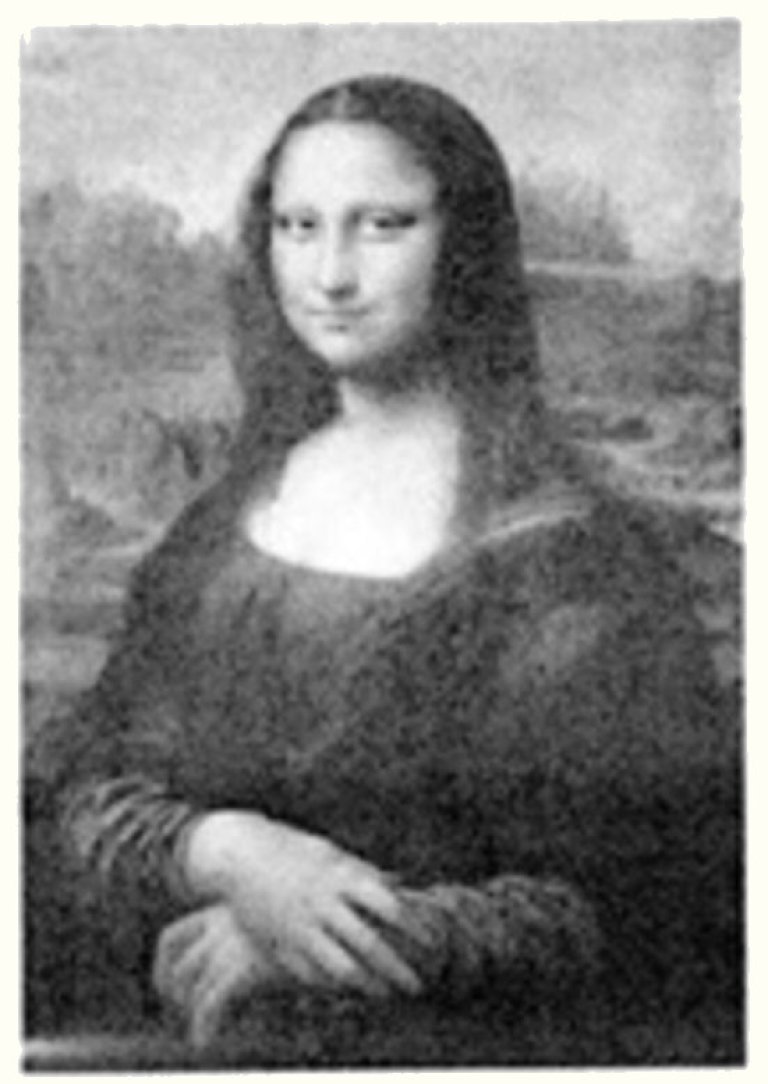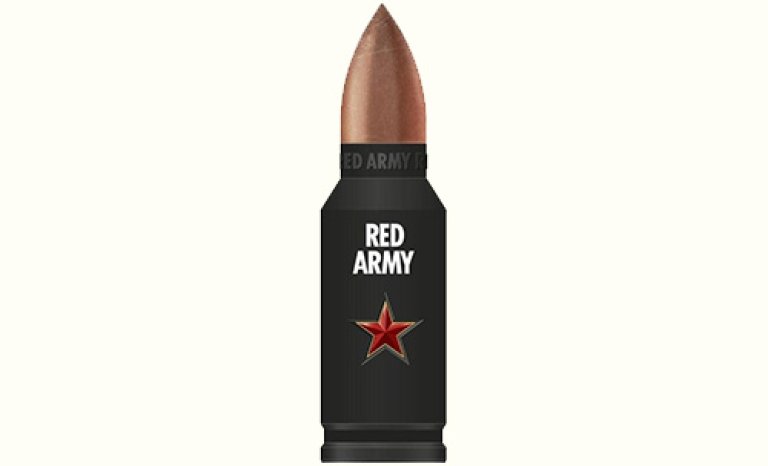Trademarks that conflict with the law
Very few trademarks are considered to be in conflict with the law, and this has therefore rarely been used by the Norwegian Industrial Property Office (NIPO) as grounds for refusing registration. It is far more common that other legislation regulates the use of trademarks and other identifiers, for instance bans on advertising alcoholic beverages or tobacco products.
Trademarks that conflict with public policy
The ground for refusal concerning trademarks that violate public policy is also rarely applied. However, there are some examples where this ground has been used in practice.
Examples of trademarks refused for conflicting with public policy
THE VIGELAND CASE
In 2014, Oslo Municipality applied to register six trademarks containing works by Gustav Vigeland. The Norwegian Board of Appeal for Industrial Property Rights (KFIR) concluded that Oslo Municipality could not be granted exclusive rights through trademark registration, as this would be contrary to public policy. The reasoning was partly that the marks reproduced artworks of exceptional cultural value, and partly that the copyright protection period of 70 years had expired. Granting a trademark registration for these specific works would therefore run counter to the societal rationale behind the time-limited nature of copyright. In theory, a trademark registration could grant an unlimited exclusive right to the works. You can read KFIR’s joint decision in the Vigeland case on their website (in Norwegian).
THE MONA LISA CASE
In 2023, an application was filed to register a black-and-white image of the Mona Lisa. The painting is one of the world’s most famous artworks and holds special cultural significance. NIPO considered that registering Mona Lisa as a trademark could give the applicant an unreasonable exclusive right and potentially restrict public access to a work that belongs to the public domain, since copyright protection had expired. Out of consideration for the public and the cultural value of the work, the mark was refused as being contrary to public policy.

Trademarks that conflict with morality
In the few cases where NIPO applies Section 15(a) of the Norwegian Trademarks Act concerning marks that conflict with law, public policy, or morality — this is most often for marks deemed to conflict with morality.
When determining whether a trademark conflicts with morality, we assess whether the mark would offend or insult people with normal perceptions and attitudes. It is not required that a large part of the relevant public is offended; the provision also protects minorities. However, if only individuals with particularly strict moral or religious views are offended, that alone is not sufficient grounds for refusal.
It is irrelevant whether the applicant intended to offend anyone. Our assessment must be based on how the mark would generally be perceived in connection with the goods and services applied for, regardless of the applicant’s actual intentions.
Examples of trademarks refused for conflicting with morality
JÆVLA HOMO (Damn gay)
NIPO refused the mark "JÆVLA HOMO", which NRK (the Norwegian Broadcasting Corporation) applied to register for clothing and TV production, among other things. The mark was considered offensive and highly derogatory toward a group of people, and its registration was therefore refused for being contrary to morality. The applicant’s good intentions could not outweigh this assessment.
RED ARMY
In autumn 2022, NIPO found that a mark consisting of a bullet cartridge with the text "RED ARMY" was contrary to morality. The "Red Army" was the name of the Soviet military until 1946, and the imagery of ammunition could evoke associations with war. Given Russia’s unlawful invasion of Ukraine and the ensuing conflict, the office concluded that the mark would be perceived as offensive and likely to cause outrage. As of December 2022, the mark has only been provisionally refused and the case is not yet final.

KIRKEBRANN – TRUE NORWEGIAN BLACK CANDLE (Church Fire – True Norwegian Black Candle)
This mark, applied for in connection with candles, was refused. NIPO considered the church arsons that occurred in Norway in recent decades, particularly in the 1990s. Since most Norwegians consider such acts deplorable, the mark was deemed morally offensive. The fact that the mark was meant to be humorous was not given decisive weight.
Examples of trademarks accepted after moral assessment
FUCK CANCER
The Swedish organization Ung Cancer first applied to register the mark "FUCK CANCER" in 2013. It was initially refused because the English swear word "fuck" could be perceived as offensive to Norwegians. However, when the same mark was applied for again in 2019, it was accepted. In the meantime, legal precedents had clarified the interpretation of immoral marks. NIPO emphasized that although the mark contained a swear word, its context prevented it from being perceived as offensive.
Later, however, the registration was invalidated following an opposition — not for moral reasons, but because the mark lacked distinctiveness, as it would be perceived as a general slogan or rallying cry against cancer rather than as a commercial identifier. You can read the Borgarting Court of Appeal’s March 2025 decision on Lovdata’s website (in Norwegian).
COMFYPUSSY
The mark "COMFYPUSSY", applied for underwear and clothing, was initially refused as immoral because the vulgar term "pussy" could be seen as derogatory toward women. However, the decision was appealed to KFIR, which concluded that the mark was not contrary to morality. The board reasoned that although "pussy" is somewhat vulgar, the phrase "COMFYPUSSY" would not generally be perceived as offensive.
KAFFE & KUK (Coffee & Dick)
Another mark that made some people at NIPO choke on their coffee was "KAFFE & KUK", applied for registration in 2025. The mark was considered somewhat crude but not contrary to morality. Although "kuk" is a vulgar term for the male genitalia, NIPO found that the average Norwegian would not be directly offended by it. A similar conclusion was reached in Sweden, where the Patent and Market Court found that the mark was not immoral; that decision is now legally binding.
Equivalent provision in the Norwegian Business Names Act
The Norwegian Business Names Act contains a similar rule in Section 2-5, which prohibits the registration of a company name that is "likely to cause offense". Although the wording differs from the Norwegian Trademarks Act’s "contrary to morality" clause, the assessments under the two provisions are largely the same. However, company names are applied for through the Register of Business Enterprises, which conducts the assessment.
An example is the company name "FETTE REINT AS" (Damn Clean AS). The Register of Business Enterprises initially held that the word "fette" could be perceived as sexually discriminatory and therefore likely to cause offense. The case was appealed to the Ministry of Trade, Industry and Fisheries, which found that using the word "fette", even if it referred to the female genitalia, would not in itself be offensive. The key consideration is whether the word is used in a sexually discriminatory or gross manner. In this case, the ministry concluded that it was not, and the name "FETTE REINT AS" was therefore deemed acceptable.
You are not forbidden from using the mark
It is important to note that NIPO does not prohibit anyone from using a mark that is considered immoral. The refusal ground applies only to registration. Nonetheless, having a registered trademark offers several advantages, as it grants the owner documented exclusive rights to use the mark in business.


